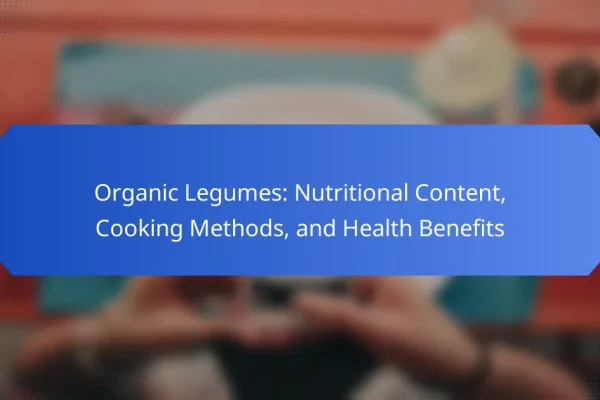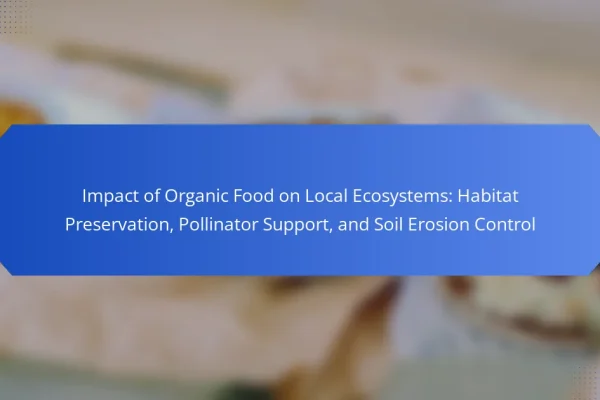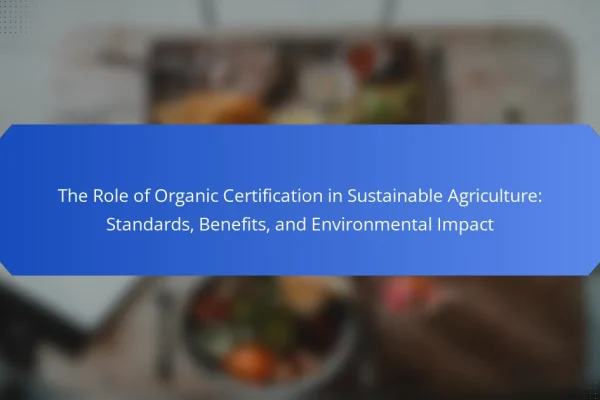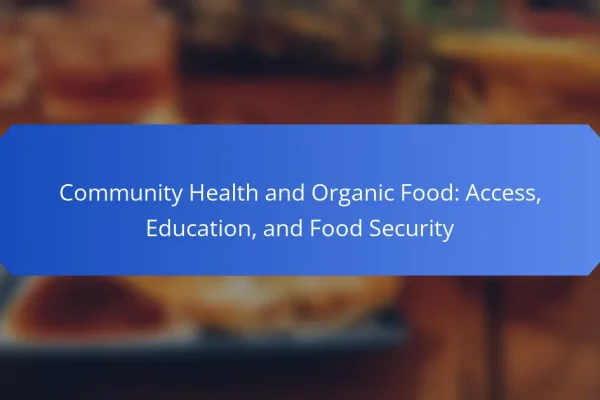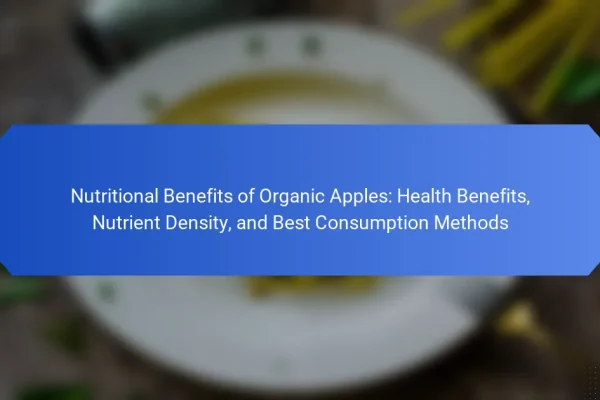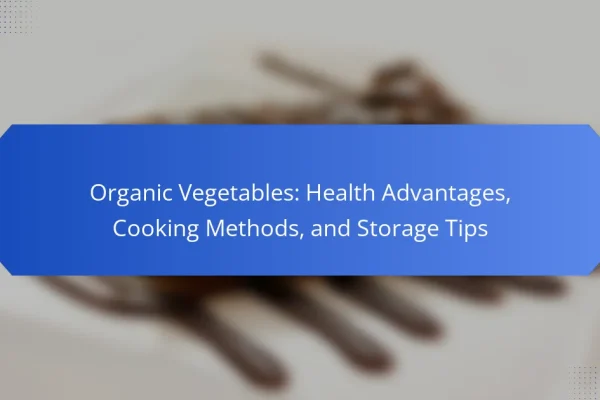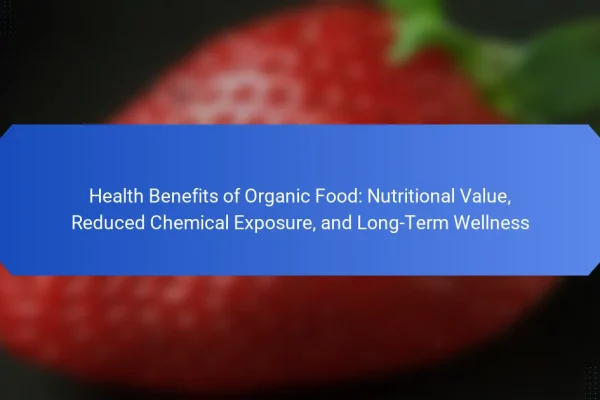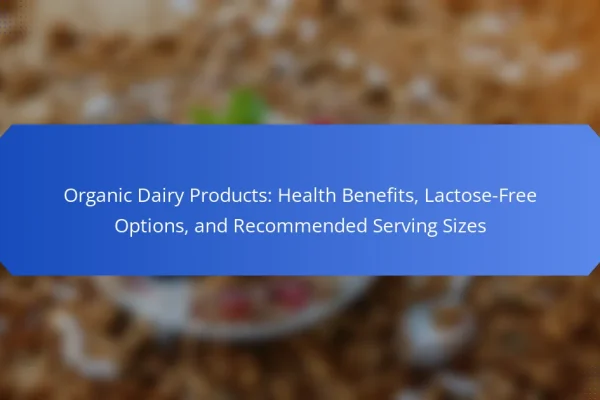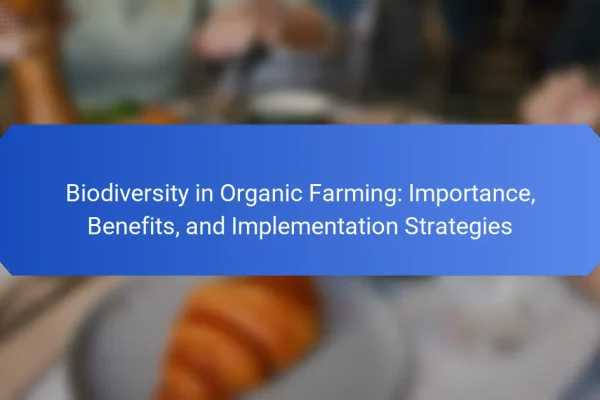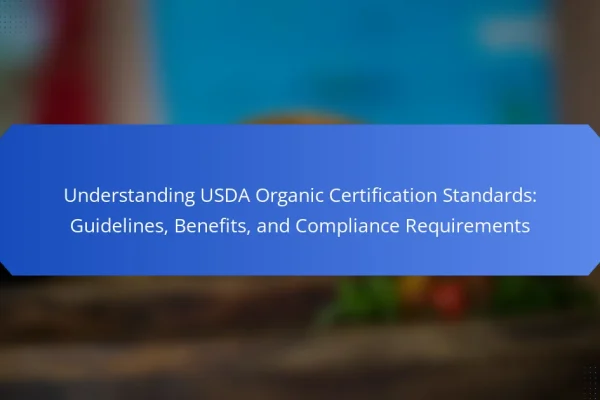
Understanding USDA Organic Certification Standards: Guidelines, Benefits, and Compliance Requirements
USDA Organic Certification Standards are essential regulations that govern organic farming and production in the United States, ensuring products labeled as organic meet specific criteria related to soil quality, pest control, and the prohibition of synthetic substances. This certification process, overseen by the USDA through accredited certifying agents, mandates compliance with strict guidelines that promote…
